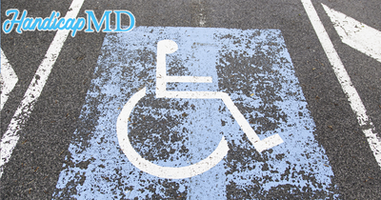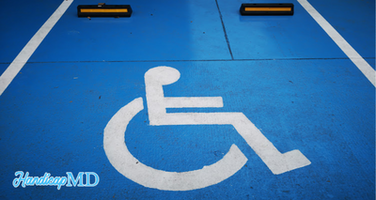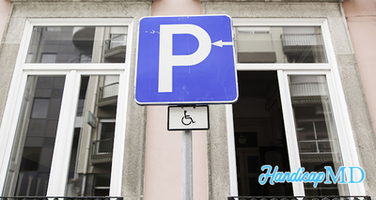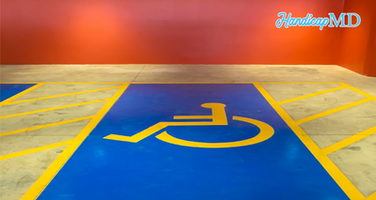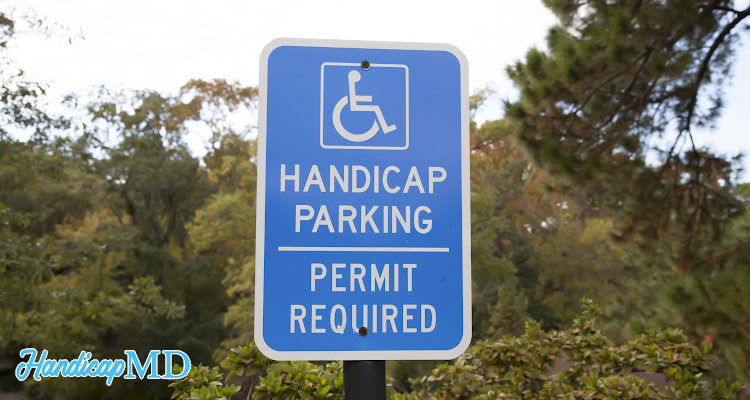
Handicap Placard vs. Handicap License Plates: Which is Right for You in Ohio?
Are you or a loved one considering obtaining disability accommodations for your vehicle in OH? Navigating the process of acquiring handicap placards or handicap license plates in Ohio can be confusing, but it's essential to understand the options available to determine which one suits your needs best. In this article, we'll explore the differences between disability tags and license plates, eligibility requirements, application processes, benefits, and considerations to help you make an informed decision.
Understanding Handicap Placards
Eligibility Criteria
To qualify for an Ohio handicap placard, individuals must meet specific eligibility criteria, typically related to mobility impairments or medical conditions that substantially limit one's ability to walk. These criteria may vary slightly from state to state, but generally, individuals with permanent or temporary disabilities, as certified by a healthcare professional, are eligible.
Application Process
The application process for disability tags involves completing a form provided by the Ohio Bureau of Motor Vehicles (BMV) and submitting relevant medical documentation to verify eligibility. Once approved, the applicant receives a set of handicap permits to display on their vehicle's rearview mirror when parked in designated accessible spaces.
Benefits of Placards
Disability tags offer various benefits, including convenient access to designated disabled parking spaces closer to building entrances, reducing the need to navigate crowded parking lots or long distances. They also serve as a visible indicator of an individual's need for accessible parking accommodations, helping to prevent misuse of designated spaces.
Understanding Handicap License Plates
Eligibility Criteria
Similarly, eligibility for disability license plates in OH requires individuals to meet specific criteria related to mobility impairments or medical conditions that significantly limit their ability to walk. However, unlike tags, license plates are affixed to the vehicle, providing a more permanent accommodation.
Application Process
The application process for disability license plates involves completing a separate form provided by the OH BMV and submitting the necessary medical documentation to verify eligibility. Once approved, the applicant receives a set of license plates with a unique disability symbol to affix to their vehicle.
Benefits of Disability License Plates
Disability license plates offer similar benefits to tags, including access to designated accessible parking spaces and serving as a visible indicator of an individual's need for accommodations. However, license plates provide a more permanent solution, eliminating the need to hang tags from the rearview mirror and reducing the risk of loss or theft.
Key Differences Between Disability Tags and License Plates
When deciding between disability tags and license plates, several key differences should be considered:
Visibility and Placement
Tags are hung from the rearview mirror when parked in accessible spaces, whereas license plates are permanently affixed to the vehicle's front and rear. License plates may offer greater visibility, especially in inclement weather or situations where the rearview mirror is obstructed.
Personalization Options
License plates may offer personalization options, allowing individuals to choose custom lettering or numbers within the guidelines set by the BMV. Tags typically come with standard issued numbers and cannot be personalized.
Cost Differences
While both options require payment of applicable fees, the cost of disability tags may differ from that of license plates. Additionally, renewal fees may vary, so it's essential to consider long-term expenses when making a decision.
Considerations for Choosing Between Tags and License Plates
Several factors should be taken into account when choosing between disability tags and license plates:
- Individual Needs and Preferences: Consider your specific mobility limitations, lifestyle, and preferences regarding convenience and visibility.
- Usage Frequency and Convenience: Evaluate how often you will need to use accessible parking spaces and whether the convenience of permanent license plates outweighs the portability of tags.
Renewal and Replacement Processes
Both disability tags and license plates require periodic renewal, typically every few years, to ensure continued eligibility. Additionally, procedures for replacing lost, stolen, or damaged tags or plates may vary, so it's essential to familiarize yourself with the renewal and replacement processes.
Legal Compliance and Enforcement
OH laws and regulations govern the use of disability tags and license plates, including penalties for misuse or unauthorized use. It's crucial to adhere to these regulations to avoid fines or other consequences.
Community Resources and Support
Several organizations and resources in OH provide assistance to individuals seeking disability-related vehicle accommodations, including guidance on the application process, renewal procedures, and legal compliance.
Unique FAQs
- Can I transfer my disability tags or license plates if I move to another state?
- The ability to transfer disability tags or license plates varies from state to state. It's essential to check the regulations in your new state of residence for specific requirements and procedures.
- Can someone else use my disability tags or license plates if I'm not driving?
- No, disability tags and license plates are issued for the exclusive use of the individual with a disability or their designated caregiver. Allowing someone else to use them without authorization is illegal and subject to penalties.
- Do I need to renew my disability tags or license plates if my condition is permanent?
- Yes, both disability tags and license plates require periodic renewal to ensure continued eligibility. Even if your condition is permanent, you must follow the renewal procedures set by the OH BMV.
- What should I do if I lose my disability tags or license plates?
- If your disability tags or license plates are lost, stolen, or damaged, you must contact the OH BMV to request replacements. You may need to provide documentation and pay a fee for the replacement.
- Can I use disability tags or license plates in rental vehicles or vehicles other than my own?
- Disability tags and license plates are only valid when displayed on the vehicle registered to the individual with a disability. They cannot be transferred to rental vehicles or vehicles owned by others.
Conclusion
Choosing between handicap placard and handicap license plates in Ohio depends on individual needs, preferences, and circumstances. By understanding the eligibility requirements, application processes, benefits, and considerations associated with each option, individuals can make an informed decision that best meets their needs for accessible parking accommodations.
.png)


